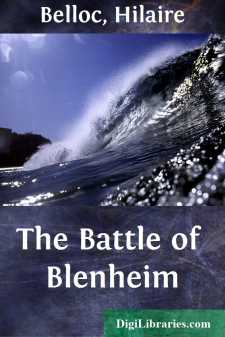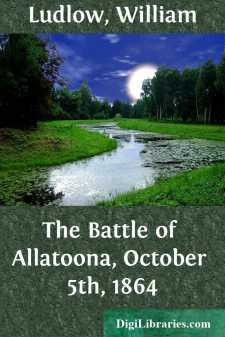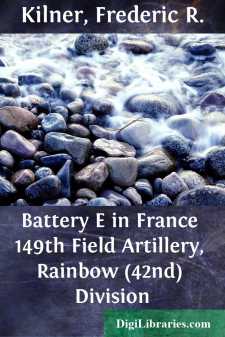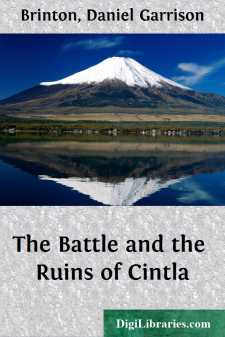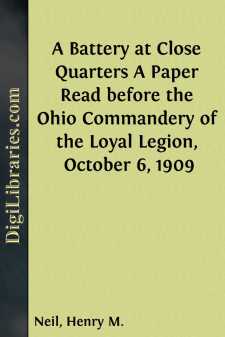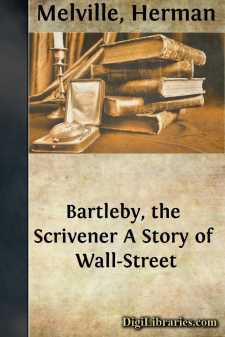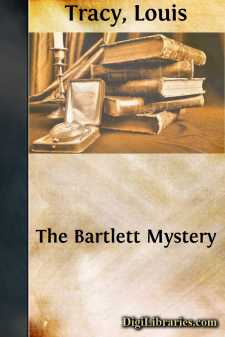Fiction
- Action & Adventure 180
- Biographical 15
- Christian 59
- Classics
- Coming of Age 5
- Contemporary Women 3
- Erotica 8
- Espionage/Intrigue 12
- Fairy Tales, Folklore & Mythology 236
- Family Life 169
- Fantasy 117
- Gay 1
- General 596
- Ghost 32
- Historical 808
- Horror 43
- Humorous 159
- Jewish 25
- Legal 4
- Medical 22
- Mystery & Detective 315
- Political 49
- Psychological 41
- Religious 64
- Romance 158
- Sagas 11
- Science Fiction 730
- Sea Stories 113
- Short Stories (single author) 537
- Sports 10
- Suspense 1
- Technological 8
- Thrillers 2
- Urban Life 31
- Visionary & Metaphysical 1
- War & Military 173
- Westerns 199
Classics Books
Sort by:
by:
Hilaire Belloc
PART I THE POLITICAL OBJECTIVE The proper understanding of a battle and of its historical significance is only possible in connection with the campaign of which it forms a part; and the campaign can only be understood when we know the political object which it was designed to serve. A battle is no more than an incident in a campaign. However decisive in its immediate result upon the field, its value to...
more...
"DE HINE FOOT ER A HE FRAWG" Toward the close of an early summer afternoon, a little girl came running along the turnpike to where a boy stood wriggling his feet in the dust. "Old Aunt Ailsey's done come back," she panted, "an' she's conjured the tails off Sambo's sheep. I saw 'em hanging on her door!" The boy received the news with an indifference from...
more...
by:
William Ludlow
ALLATOONA. Companions and Gentlemen: It appears strange to me that an action which all who mention it—and they are many—agree in characterizing as one of the most brilliant exploits of a war as thickset with deeds of gallantry as a rose bush with its blossoms, should not long since have had its adequate historian and monographer. The contest was so famous, the issue so glorious, the recollection of...
more...
CHAPTER I On Board the “President Lincoln” The mounting flames of a bonfire cast a flickering red light down the battery street. Burning the whole night through, to consume boxes, refuse and abandoned material of various kinds, these ruddy illuminations in the quarters of the 149th Field Artillery, at Camp Mills, Long Island, were omens of unusual, and unpublished, happenings. The men of the...
more...
The first battle on the American continent in which horses were used was that of Cintla in Tabasco, March, 1519, the European troops being under the leadership of Hernando Cortes. This fact attaches something more than an ordinary historic interest to the engagement, at least enough to make it desirable to ascertain its precise locality and its proper name. Both of these are in doubt, as well as the...
more...
by:
Henry M. Neil
During the Civil War artillery projectiles were divided as to structure into solid, hollow and case shot. The solid shot were intended to batter down walls or heavy obstructions. Hollow projectiles, called shell and shrapnel, were for use against animate objects; to set fire to buildings and destroy lighter obstructions. Under the head of case shot we had grape and canister. Grape shot is no longer...
more...
by:
A. G. Riddle
CHAPTER I. A FAILURE. He could see from the top of the hill, down which the road wound to the river, that the bridge was gone, and he paused for a moment with an involuntary feeling that it was useless to go forward; but remembering that his way led across, at all events, he walked down to the bank. There it ran, broad, rapid, and in places apparently deep. He looked up and down in vain: no lodged...
more...
by:
Herman Melville
BARTLEBY, THE SCRIVENER. A STORY OF WALL-STREET. I am a rather elderly man. The nature of my avocations for the last thirty years has brought me into more than ordinary contact with what would seem an interesting and somewhat singular set of men, of whom as yet nothing that I know of has ever been written:—I mean the law-copyists or scriveners. I have known very many of them, professionally and...
more...
by:
Louis Tracy
CHAPTER I A GATHERING AT A CLUB That story of love and crime which figures in the records of the New York Detective Bureau as “The Yacht Mystery” has little to do with yachts and is no longer a mystery. It is concerned far more intimately with the troubles and trials of pretty Winifred Bartlett than with the vagaries of the restless sea; the alert, well-groomed figure of Winifred’s true lover,...
more...
by:
Ralph Chaplin
INTRODUCTION I. Ralph Chaplin is serving a twenty year sentence in the Federal Penitentiary, not as a punishment for any act of violence against person or property, but solely for the expression of his opinions. Chaplin, together with a number of fellow prisoners who were sentenced at the same time, was accused of taking part in a conspiracy with intent to obstruct the prosecution of the war. To be...
more...


